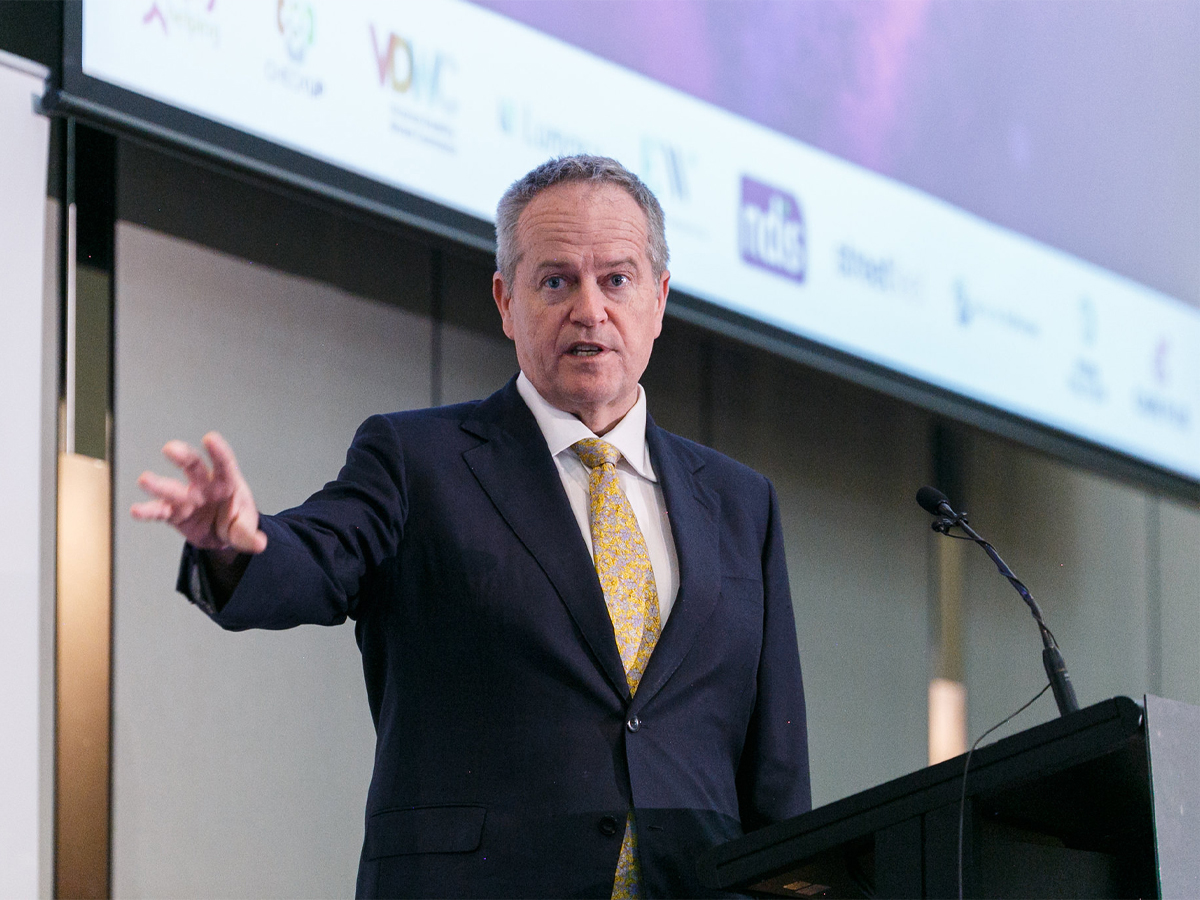The final report from the Independent NDIS Review has been released, mapping out 26 recommendations and 139 supporting actions.
Among the key recommendations will be the creation of foundational supports, for people with disability and those outside the NDIS whose needs cannot be met through mainstream services.
A team of ‘navigators’, will help people with disability connect to mainstream services and assist participants with more complex needs. There will also be changes to the planning process for support mechanisms with early intervention based on evidence and family-centred practices.
Speaking at the National Press Club, NDIS Minister Bill Shorten said this recommendation: “Removes diagnosis as the primary basis for entry to the scheme because that approach is unfair. Your child may need a modest amount of support that could be found in schools and kindergartens or through the foundational supports, that he said will be ramped up through additional investment,” he said.
And the NDIS will no longer pay unregistered providers following the creation of a proportional regulation system, depending on the level services risk and the settings they are delivered in.
The minister estimates the improvements will take up to five years to fully implement.
Led by co-chairs Professor Bruce Bonyhady and Lisa Paul, the review panel in a statement said: “The recommendations and actions have been designed to work together and considered as a total package of reforms. You cannot fix the NDIS without fixing everything around it, creating a new connected system of support and new foundational supports”.
The Federal Government, states and territories have committed to reforming the NDIS to secure the scheme’s future and the National Cabinet agreed to fund additional foundational supports to be jointly commissioned by the Commonwealth and the states.
Responding to the report, Monash University Associate Professor Libby Callaway said it was important to consider the role of the independent regulator of NDIS funded services, the NDIS Quality and Safeguards Commission, given the media focus on fraudulent behaviour by providers, and at times participants.
“While the NDIS funds services, supports and equipment for NDIS participants, the National Disability Insurance Agency and Dept of Social Services relies on the commission to provide regulatory oversight to the market,” she said.
“The government recently increased investment in the commission to enhance market oversight, and this will be important to both demonstrate what good NDIS service provision looks like, as well as identify and rapidly address fraudulent provider behaviour. For example, twin pricing, where there is one, lower price for a product or service for people outside the NDIS, then a higher price for NDIS funded supports or services, is an issue that needs to be urgently addressed,” she said.
Aruma Disability Services chief executive Dr Martin Laverty said: “Bill Shorten has achieved the trifecta of avoiding cuts to the NDIS, securing increased state funding for the scheme, and winning agreement for a foundational support program outside the NDIS for people with mild to moderate disability not suited to the NDIS.
“The NDIS cost model inadequately funds high complex care, quality standards, and higher costs incurred in rural and remote areas. By recommending the Independent Health and Aged Care Pricing Authority make NDIS price decisions in the years ahead, payments to providers will be better based on the actual cost of quality service delivery, to hopefully reverse deficits faced by two thirds of service providers at present,” he said.
People with Disability Australia president Nicole Lee also welcomed the review with some reservations. “The addition of the navigator role, which will be available irrespective of whether someone is a NDIS participant or not, will help end the fear, confusion and difficulties we’ve faced navigating support systems,” she said.
“However, we can’t channel people into alternatives to NDIS support that aren’t ready, aren’t funded and aren’t working for people with disability. Continuity of support must be guaranteed.”
Foundational supports must be readily available and consistent across the country, she said. “We will only accept reforms that support our inclusion, that don’t separate or group us simply because we have a disability or impact our choice and control.”
The review’s recommendations included:
- A range of legislative reforms to return the scheme to its original intent and improve the experience of participants, to improve eligibility and access, as well as an early intervention pathway for children.
- Disability specific supports would be available to people with disability and, where appropriate, their families and carers. These supports should be available to all Australians with disability, whether they are on the NDIS or not. Foundational supports would interconnect with existing mainstream services such as childcare and schools.
- That children with disability and developmental concerns or delays are identified early and get the support they need. This could include earlier checks and screening to pick up developmental concerns and provide support and a dedicated approach for people with psychosocial disability that better meets their episodic needs. Also, that access to mental health services be improved with a strengthened interface between mental health systems and the NDIS.
- The introduction of navigators to help people with disability, find and access to mainstream services, community supports, foundational supports and the NDIS.
- Consistency be introduced to housing and living support budgets to make it fairer for NDIS participants with a more flexible and innovative approach to help access solutions that suit them better.
- Providers be enrolled or registered, with the level of regulatory requirement determined by the risk and complexity of the different supports they provide.
A full government response to the review will be released in 2024.
Access the full report and the supporting documents here.
Photo: NDIS Minister Bill Shorten

